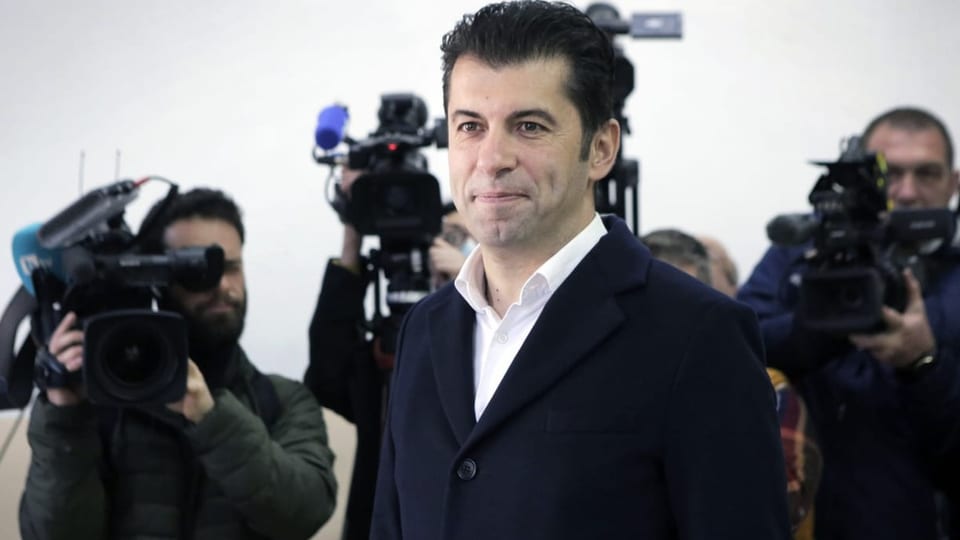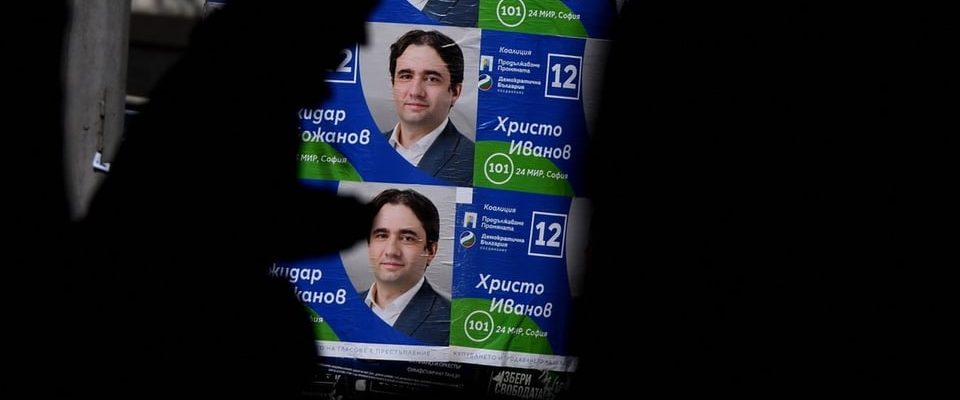Contents
Many Bulgarians harbor little hope that anything will change fundamentally in their country. A report from a country tired of elections.
On Sunday, Bulgarians will elect their parliament for the fifth time in just two years. For two years there has either been no government at all – or only for a short time. Bulgaria is torn between its proximity to Russia and its western orientation. Especially since the war in Ukraine.
In the last election, only about a third of those who were allowed to vote went. How is the mood in Bulgaria, what are the locals hoping for from the election? SRF Eastern Europe correspondent Sarah Nowotny spoke to people across the country.
For example, there is a woman at the Roman mineral water spring in the middle of the capital Sofia. The spring is free for the people from the capital. Otherwise nothing is free. “Some things here in Sofia are more expensive than in Zurich. I know that, I travel there often.” Her two children lived in Switzerland.
Bulgaria in Europe’s Southeast is also small and mountainous. But it is also the country with the lowest wages in the European Union and probably with the most widespread corruption.
“My friends stopped voting a long time ago. I still have to think about it, »says the woman. Again, no one seems to get enough votes to govern. Neither the anti-corrupt nor the pro-Russians who want to keep the old cliques.
“Maybe it’s even better that Bulgaria doesn’t have an elected government. Because no one can decide stupid things like that, »says the woman at the source. That’s what many think. You expect little from the state, you help yourself.
Legend:
In Bulgaria people tend to help themselves rather than expect help from the state.
Keystone/Vassil Donev
Continue inland to the small town of Sopot. In a small shop, a single customer buys bread, milk and something for a stew. She couldn’t afford more, she says. Inflation last year was 15 percent.
Political fatigue has seldom been as strong as it is today. And yet the customer and the seller agree. They vote, otherwise they can’t ask for anything.
Choose with conviction
At the Turkish border, a few men are sitting outside with their beer and laughing when asked if they will vote. Of course not. Except for one. “I hope it works, but I’m pessimistic. This hopelessness is bad for the children,” he says. Lots of young people are leaving in droves.
A man at the mineral water spring in Sofia says he will definitely vote. Someday it will get better. At some point the pro-Russians will be gone. “Only in this way, with conviction, can we vote.”
First predictions come true
According to initial forecasts, the pro-Western reform bloc PP-DP is the strongest force. The liberal-conservative bloc should therefore get a good 26 percent of the votes. The equally pro-Western center-right alliance of the GERB-SDS, which was voted out of office in 2021 after allegations of corruption, came in second with up to around 25 percent of the votes.

Legend:
Bulgaria’s ex-government leader and head of the progressive party, Kiril Petkov, also wants to know more about it.
Keystone/Valentina Petrova
According to the forecasts, five parties will definitely enter the parliament in Sofia. Political scientists see the most important question after the election as which party can form a government, not which one won the election.
